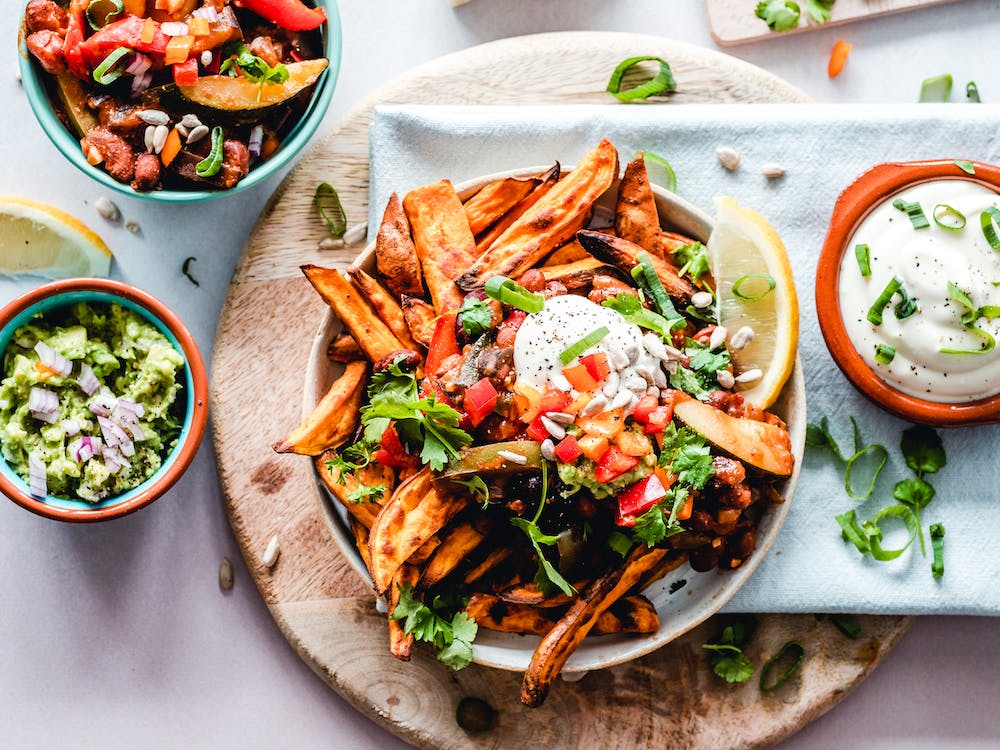Being a vegan can have numerous benefits for your health and the environment. However, it is essential to ensure that you are getting all the necessary nutrients for a well-balanced diet. This article will provide you with tips on vegan meal planning to help you achieve a healthy and balanced lifestyle.
Include a Variety of Foods
One of the key things to consider when planning a vegan diet is to include a wide variety of foods. This will ensure that you are getting all the essential nutrients your body needs, such as protein, iron, calcium, and vitamin B12. Include a mix of fruits, vegetables, whole grains, legumes, nuts, and seeds in your meals to ensure you are getting all the necessary nutrients.
Plan Your Meals
Planning your meals in advance can help you stay on track with your vegan diet. Take some time each week to plan out your meals and snacks, making sure to include a good balance of carbohydrates, protein, and healthy fats. This will help you avoid last-minute unhealthy food choices and ensure that you are getting all the necessary nutrients your body needs.
Get Creative with Recipes
Being vegan doesn’t mean you have to eat boring and bland meals. There are plenty of delicious vegan recipes out there that are easy to make and packed with flavor. Experiment with different ingredients and spices to create new and exciting meals that will keep you satisfied and excited about your vegan diet.
Include Supplements if Necessary
While a well-planned vegan diet can provide you with all the necessary nutrients, there are some vitamins and minerals that may be harder to obtain from plant-based foods. Consider including supplements such as vitamin B12, vitamin D, and omega-3 fatty acids to ensure you are getting all the essential nutrients your body needs.
Stay Hydrated
Drinking enough water is essential for overall health, regardless of your diet. Make sure to drink plenty of water throughout the day to stay hydrated and help your body function properly. You can also include hydrating foods such as fruits and vegetables in your meals to ensure you are getting enough fluids.
Listen to Your Body
Pay attention to how your body feels and reacts to the food you are eating. If you are feeling tired, sluggish, or bloated, it may be a sign that you need to adjust your diet to better meet your nutritional needs. Consult with a healthcare provider or nutritionist if you have any concerns about your vegan diet.
Conclusion
Following a vegan diet can be a healthy and fulfilling lifestyle choice. By following these tips for vegan meal planning, you can ensure that you are getting all the necessary nutrients for a well-balanced diet. Remember to include a variety of foods, plan your meals in advance, get creative with recipes, include supplements if necessary, stay hydrated, and listen to your body to ensure a healthy and balanced vegan diet.
